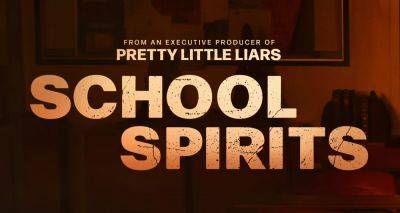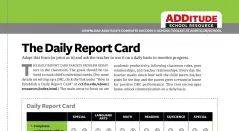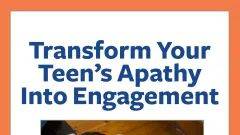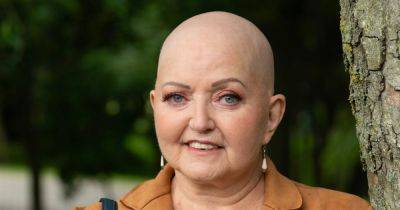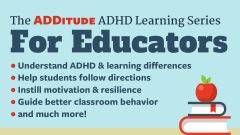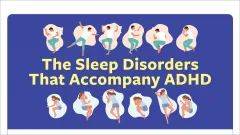TV chef's heartbreak at tongue cancer diagnosis aged 47 amid 'hopes for a miracle'
Shirley Chung, who was a finalist in Season 11 of Top Chef, has revealed that she’s been diagnosed with Stage 4 tongue cancer.The 47-year-old shared an emotional update on Instagram on Friday, shaving her head in preparation for chemotherapy, as her friends behind the camera told her she ‘didn’t have to smile’ as she laughed through the process.
In the caption of the photos and videos, the star explained her journey to fans, revealing that her diagnosis came after a “series of dental issues,” as she thought the problem was down to grinding her teeth at first. “Since last year December, I had a series of dental issues, I bit my tongue severely; I fractured my tooth and had to extract it and get an implant… we thought it was because I am a heavy teeth grinder,” Shirley wrote. “And I was too busy to see a EMT specialist.The end of May, ulcers erupted in my mouth and my oral surgeon discovered a hidden tumour under my tongue.
A few days later, I was diagnosed, stage 4 tongue cancer, as cancer cells also spread into my lymph nodes.The star revealed she was ‘very calm’ when the doctors gave her the hard hitting news, crediting it to her career as a chef. “, I’ve always thrive under pressure.
I was extremely focused on getting all the tests and scans as fast as possible, so I can start on the treatment plans." Shirley then went onto tell her followers that she met with lead oncologist Dr.
Read more on ok.co.uk


